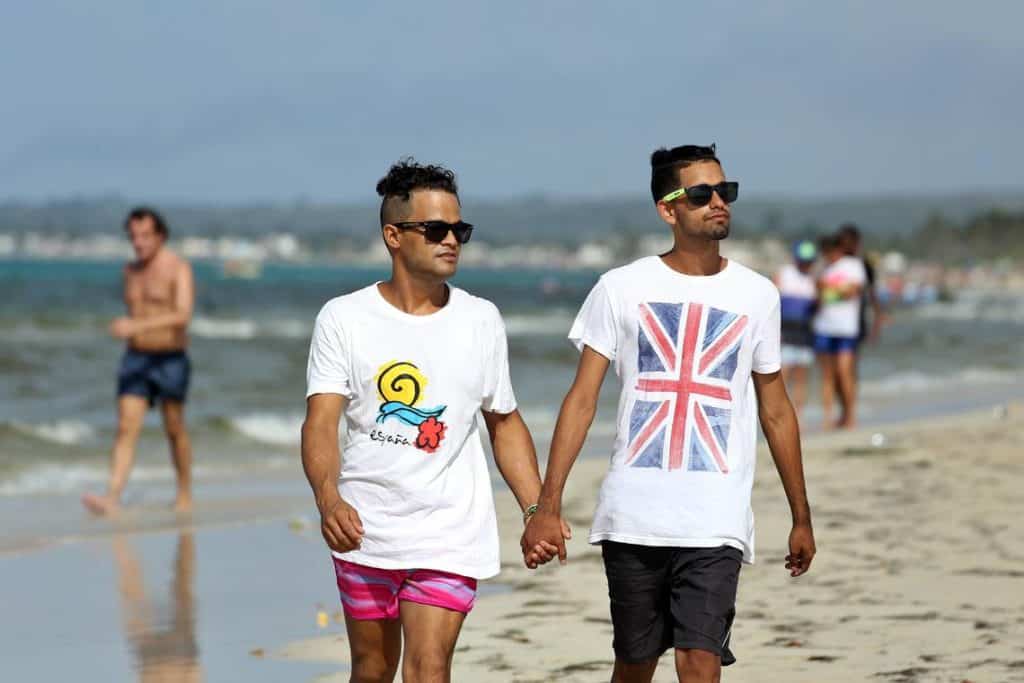
Travel
Information
for cuba
Visas: A tourist card is required for all nationalities traveling to Cuba and can be obtained through your airline. There may be exceptions, and all visas are the travelers responsibility.
American’s Traveling to Cuba: American citizens traveling to Cuba must follow certain rules and regulations set by the United States government. These regulations have changed over the years, so it is important to stay up to date with the latest requirements. As of 2021, here are some rules for traveling to Cuba by Americans:
- Travelers must have a valid U.S. passport and a Cuban visa. There are 12 categories of authorized travel to Cuba, including family visits, educational activities, and humanitarian projects. To visit Cuba, travelers need to belong to one of these categories.
- Americans cannot simply visit Cuba for tourism purposes. They must have a specific reason for their trip and be able to demonstrate that they fit into one of the authorized categories.
- Americans are prohibited from engaging in certain types of transactions with Cuba, including financial transactions with certain Cuban entities and importing Cuban goods. A list of restricted hotels and other Cuban government businesses is maintained by the US State Department and lists organization with connections to the Cuban military. Americans are not allowed to spend money at any business on this list. You cannot stay at any of these hotels, eat at any of these restaurants, or work with any of these travel companies.
- Travelers must keep records of their activities and transactions while in Cuba for at least five years.
- Travelers should be aware that the U.S. government may ask them about their activities in Cuba when they return to the United States.
Best Time to Visit: The best time to visit Cuba depends on your personal preferences, as the country has a tropical climate with warm temperatures year-round. However, there are a few factors to consider when planning your trip:
- The peak tourist season in Cuba is from December to April, which is the dry season. During this time, the weather is sunny and warm, with temperatures ranging from the mid-70s to low 80s Fahrenheit. However, this is also the busiest time of year, so expect larger crowds and higher prices for flights and accommodations.
- The shoulder season from May to August can also be a good time to visit Cuba. The weather is still warm, but there may be some occasional rain showers. The benefit of traveling during this time is that the crowds are smaller and the prices are generally lower.
- The rainy season in Cuba is from September to November, and while there can be some heavy rain and occasional hurricanes, there are also plenty of sunny days. This can be a good time to visit if you don’t mind the occasional rain and want to avoid the crowds.
Covid-19 Vaccination Requirements: With an almost 90% vaccination rate on the island, the Cuban Government eased COVID-19 travel restrictions in 2022. You do not need to present a negative PCR test or a vaccination certificate at arrival.
Other Vaccinations: According to the entry requirements for Cuba, you don’t need any additional vaccinations. To determine if you should take preventative measures to reduce the risk of illness, you should consult your doctor.
Electricity: A/B/C/L
Currency: Tourists use convertible pesos, known as CUC, to purchase goods and services in Cuba. The rate is one-to-one with the American dollar. Travelers can exchange foreign currency for CUC at banks, hotels, and burós de cambios (exchange bureaus) run by Cadeca. All exchanges are subject to a 3 percent commission charge.
Pro tip: While traveling around the island, try to keep small bills on hand. Oftentimes, stores will have a hard time cashing anything over CUC10, so it’s wise to have a wad of smaller bills with you.
Additional pro tip for Americans: Convert dollars to pounds or euros while you’re in the states and then convert pounds or euros to convertible pesos once in Cuba — you’ll save yourself a big headache.
Credit cards: American credit cards and debit cards do not work in Cuba due to the US embargo. Travelers to Cuba should bring enough cash to cover their expenses or arrange to use a non-U.S. credit card.
Internet and Wi-Fi: Yes, Cuba has internet and wi-fi. However, the service limited, restricted to minimal bandwidth, and expensive.
Pro tip: The best connections are at resorts and hotels.
Toilet Paper: We learned the hard way, many bathrooms are paperless. Highly recommend that you bring a small supply of your own or a packet of travel kleenex.
Water: Do not drink the tap water. Cuba’s water supply is home to its unique bacteria and microorganisms. While the bacteria itself isn’t inherently dangerous, your body isn’t accustomed to it, and that can cause illness. Nausea, cramps, upset stomach, and other gastrointestinal issues that could wreck your trip are common.
Pro tip: Add Activia yogurt to your diet about two weeks prior to the trip. It is a probiotic yogurt that may help reduce the frequency of minor digestive discomfort when consumed twice a day for two weeks as part of a balanced diet and healthy lifestyle.
Safety: Tourists generally consider Cuba a safe destination. However, as with any travel, it is important to exercise caution and be aware of your surroundings.